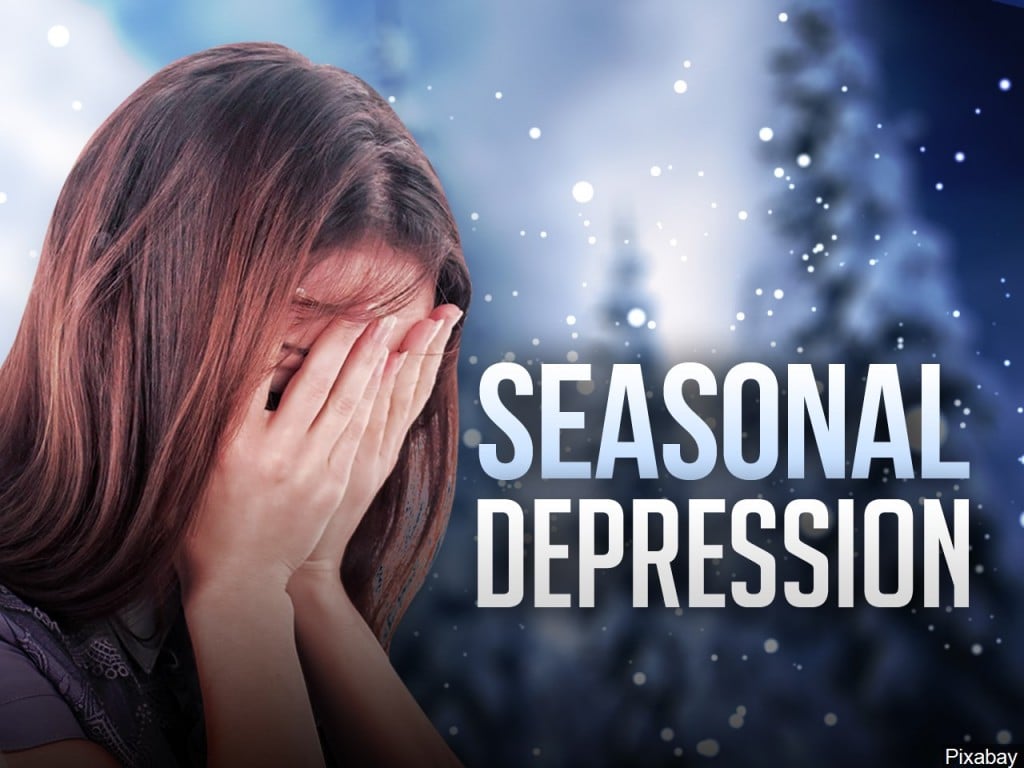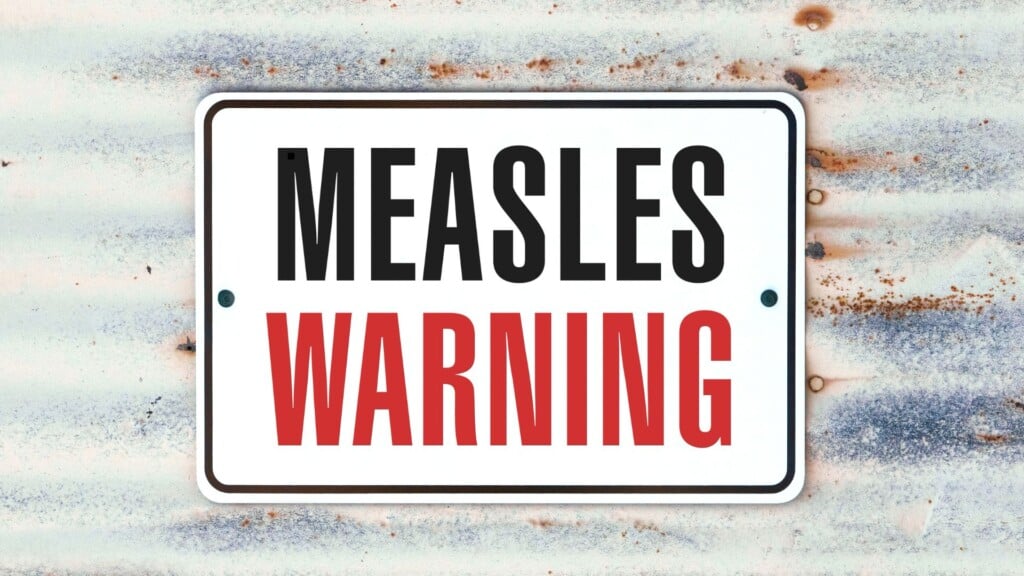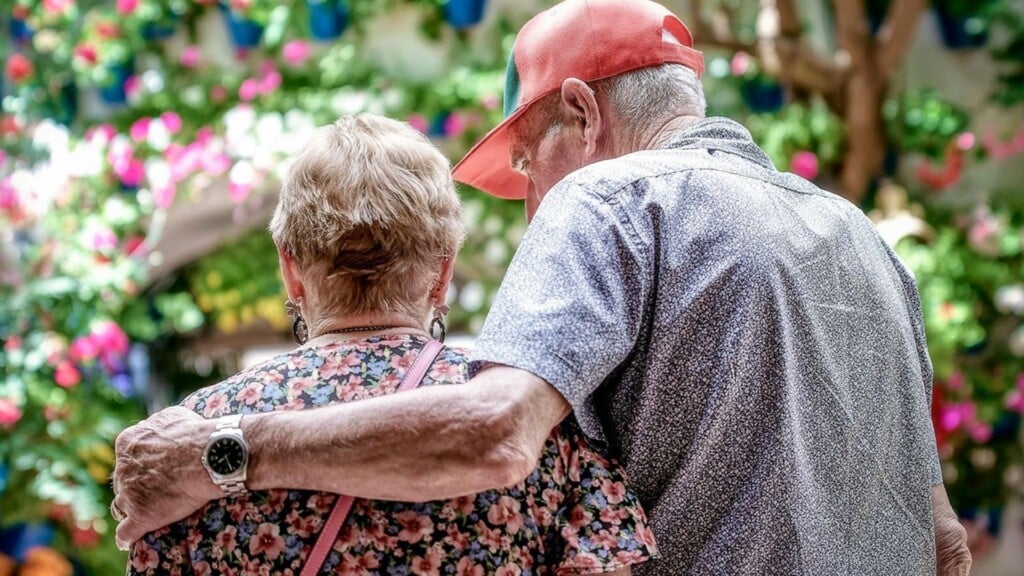SAD to affect more Americans this season
Mental health is facing a heavy toll during winter months and the pandemic, we wrote up some tips to help combat SAD

LINCOLN, Neb. (KLKN)- After months of social distancing and limited contact with family and friends, seasonal affective disorder (SAD) could affect more people this winter.
1 in 5 Americans experiences mental illness every year. According to the National Institute of Mental Health, 5% of the US population develops SAD, and, more often it is women over men that are affected by the condition.
What is SAD?
If you’re not familiar with seasonal affective disorder, an apt acronym of SAD, it’s a disorder caused by fewer hours of sun during the winter. With winter comes shorter and colder days, which can cause a drop in brain chemicals that regulate our moods.
Serotonin, the “happy molecule”, contributes to individuals’ mental health, can be weakened in the winter.
Sunlight also helps in the production of melatonin, the chemical that helps us sleep, so less of it means less sleep for many, according to the American Psychological Association.
“Seasonal affective disorder could be worse this year given how much we’ve relied on the outside as this sort of respite,” Vaile Wright, the APA’s senior director of health care innovation, told CNN officials.
Symptoms of SAD include feeling depressed, loss of appetite and interest in activities, and changes in weight and sleep that typically last between four and five months.
The “new normal” is lonely
The COVID-19 pandemic has brought a greater emotional load to people this year. The “new normal” we have all been living in means a decline in person to person interactions, which has been especially draining during the holidays for many who aren’t able to see their loved ones.
Many people have felt screen fatigue from having to use video chat technology to interact with others, bringing about a feeling of disconnect and loneliness. This sense of loneliness has left many across the nation more susceptible to SAD.
Tips on how to cope
Christmas is over. New Year’s Eve won’t be a party during the pandemic. President-elect, Joe Biden, suggests that dark days are ahead for Americans. And, for Nebraskans, we just had a major snowstorm, sealing many into their homes. How do you cope with the isolation winter is bringing?
1. Plan 1-on-1 time with loved ones
Trying to connect with your loved ones during a global pandemic is difficult, to say the least. For people struggling with their mental health, it is crucial though.
Video chat is the easiest way to connect with others. Instead of sitting and staring at each other, try scheduling activities to do together like baking, having coffee, or watching a movie.
If you’re sick of the screen, try planning socially-distanced walks, or maybe a snowman building competition.
Give yourself things to look forward to. With fewer events able to happen, many of us have to create our own moments to look forward to.
2. Put down the bottle
Alcohol can be a tempting balm for many on a dark winter night, but, experts say it’ll only worsen mental health.
Dr. Sam McCutcheon, a psychiatrist and clinical assistant professor at Ohio State University, says resisting the urge to drink can lessen the effects of SAD.
“Unfortunately, things like alcohol are actually depressants,” McCutcheon told ABC officials.
3. Light it up
Phototherapy, or light therapy, can be crucial in the treatment of seasonal depression. Mayo Clinic suggests that you have a special lightbox, which emits a full-spectrum light similar to sunlight and can be found online, and sit a few feet away from it every day within the first hour of waking up.
“Light therapy mimics natural outdoor light and appears to cause a change in brain chemicals linked to mood,” Mayo Clinic officials say. “Light therapy is one of the first line treatments for fall-onset SAD. It generally starts working in a few days to a few weeks and causes few side effects.”
4. Therapy isn’t a bad word
Don’t be afraid to reach out for help this season. If you’re starting to feel worn down and need a hand, look into telemedicine options. A positive to the pandemic, there are more free mental health resources for those who need them.
For those in Lincoln, here are a few of the affordable mental health avenues available to you:



